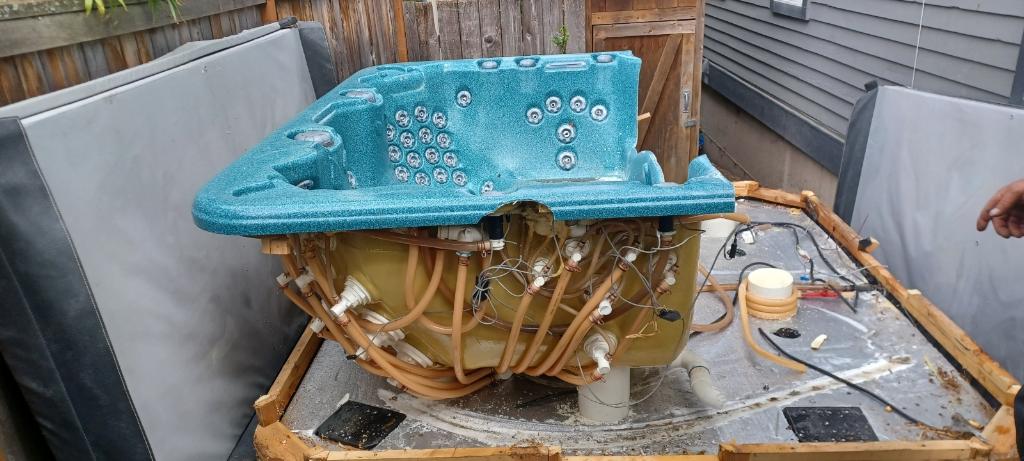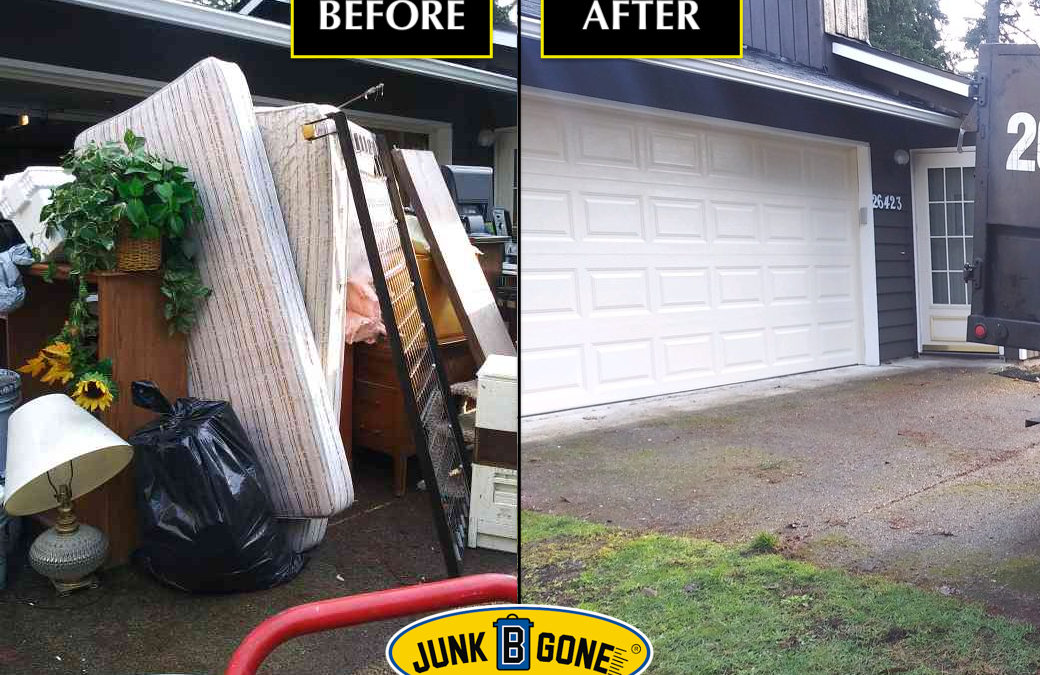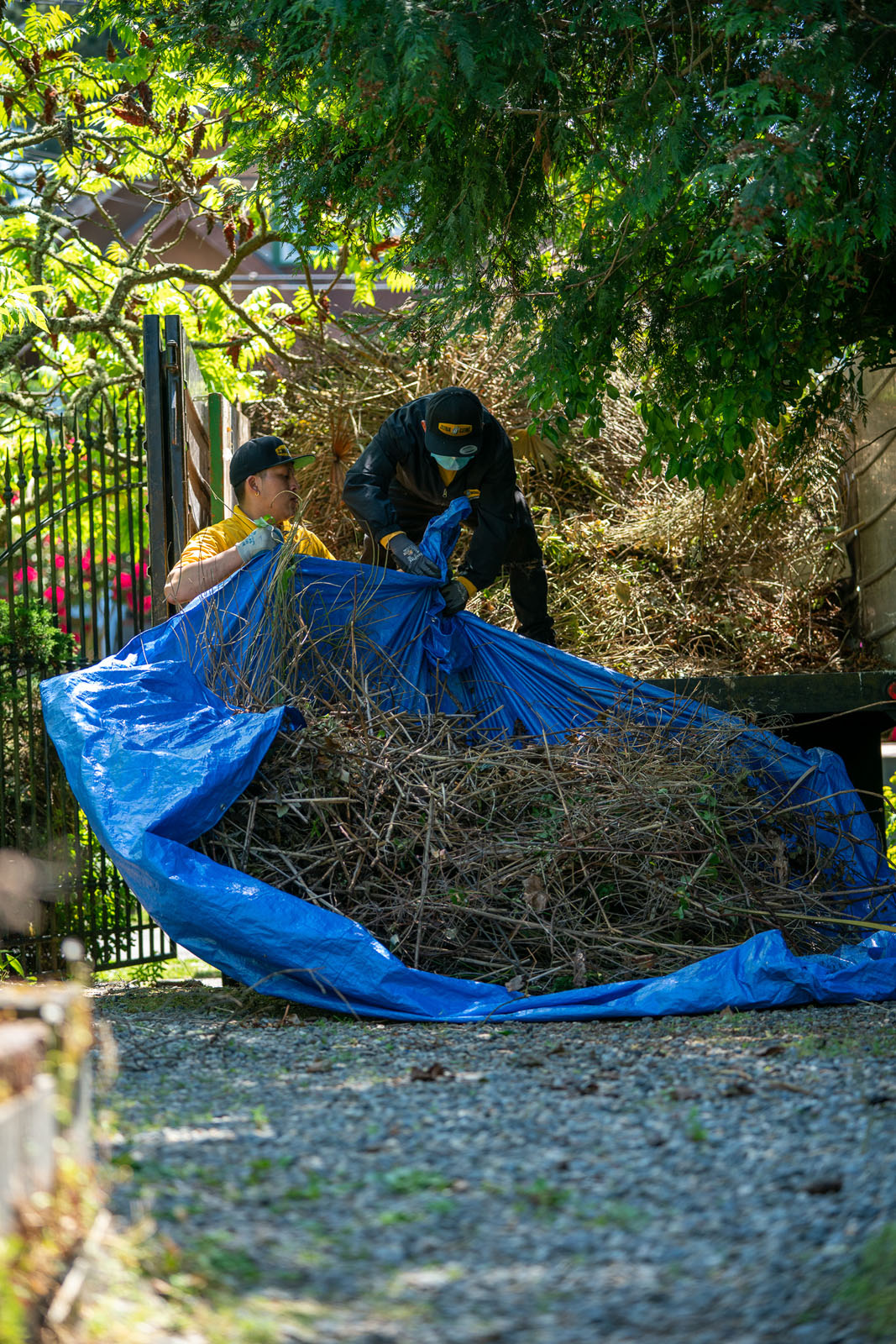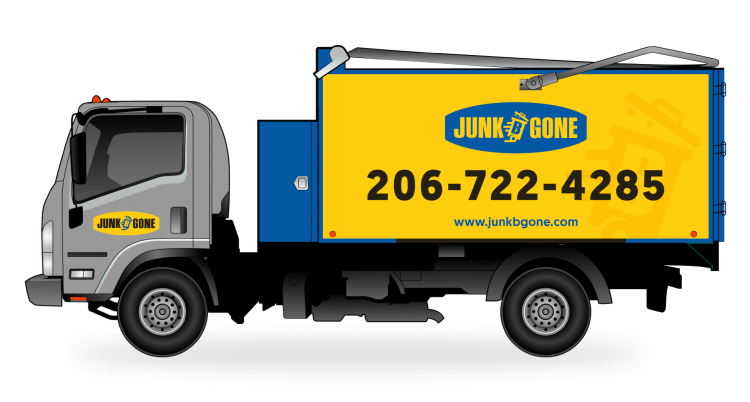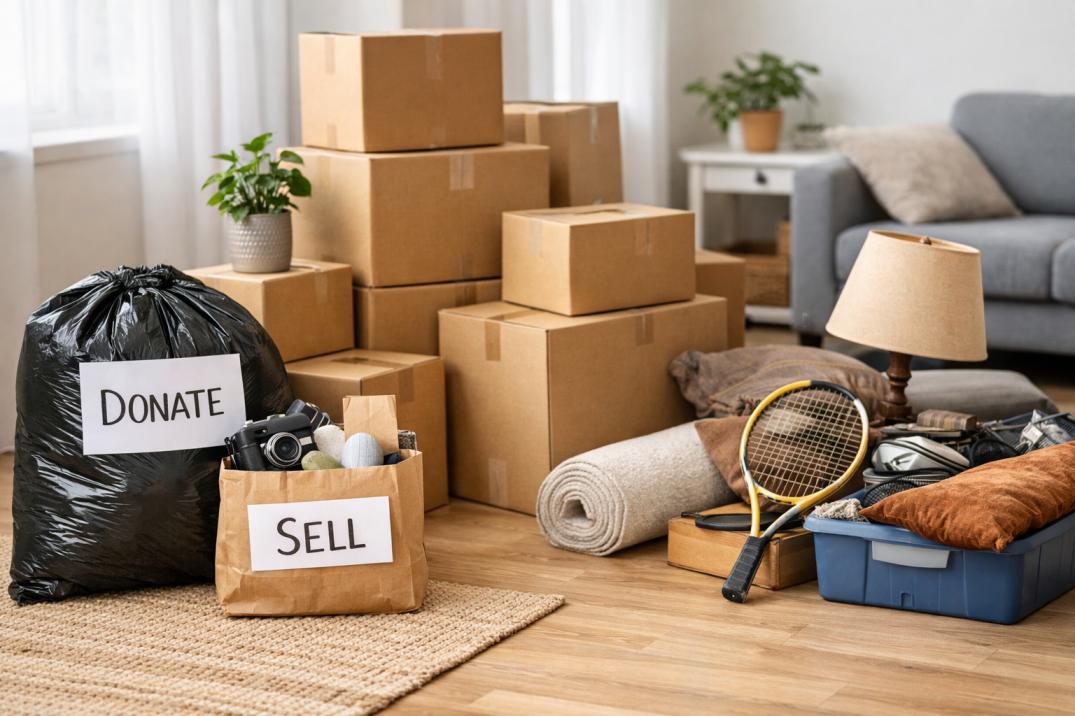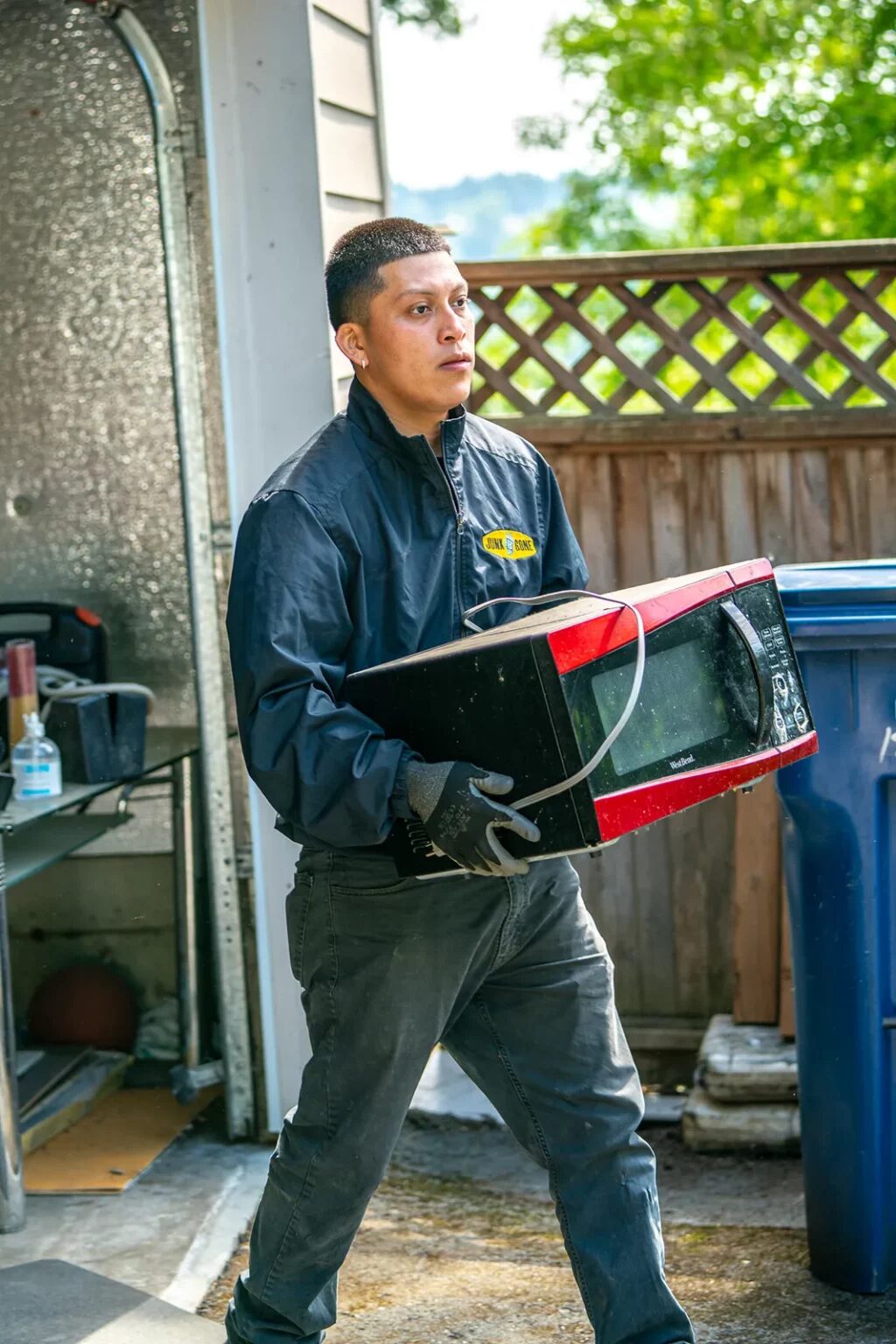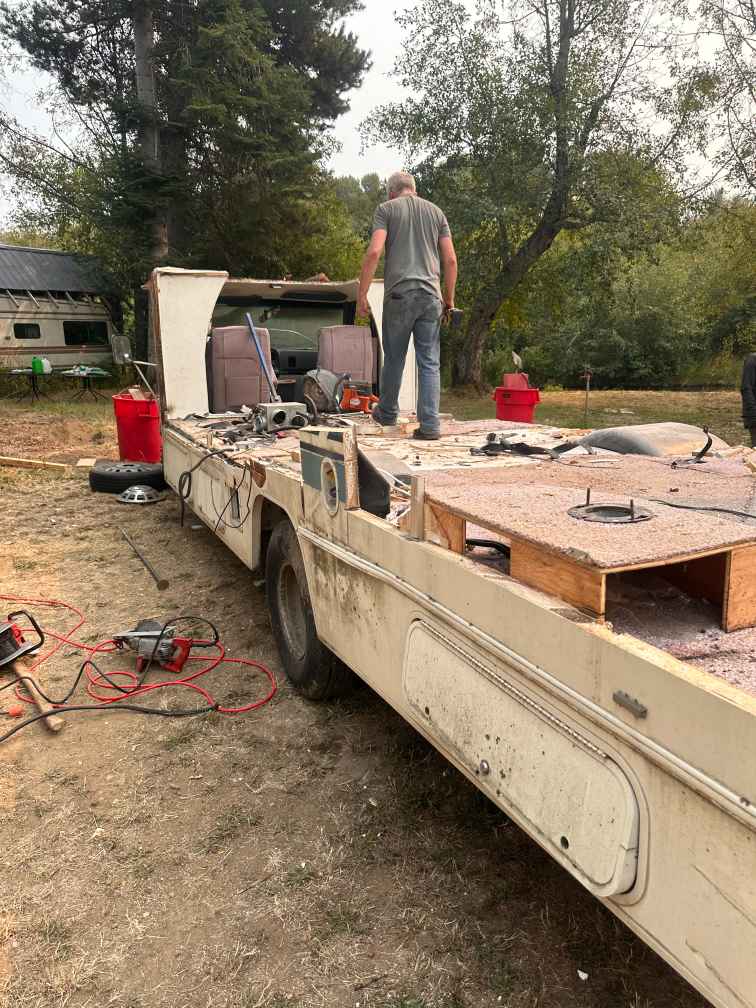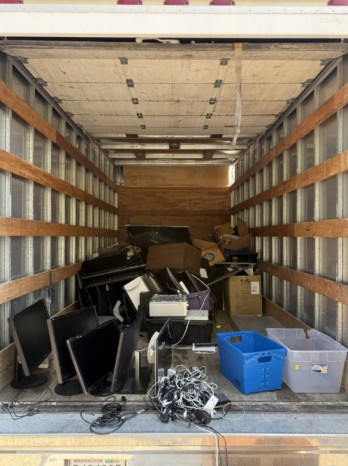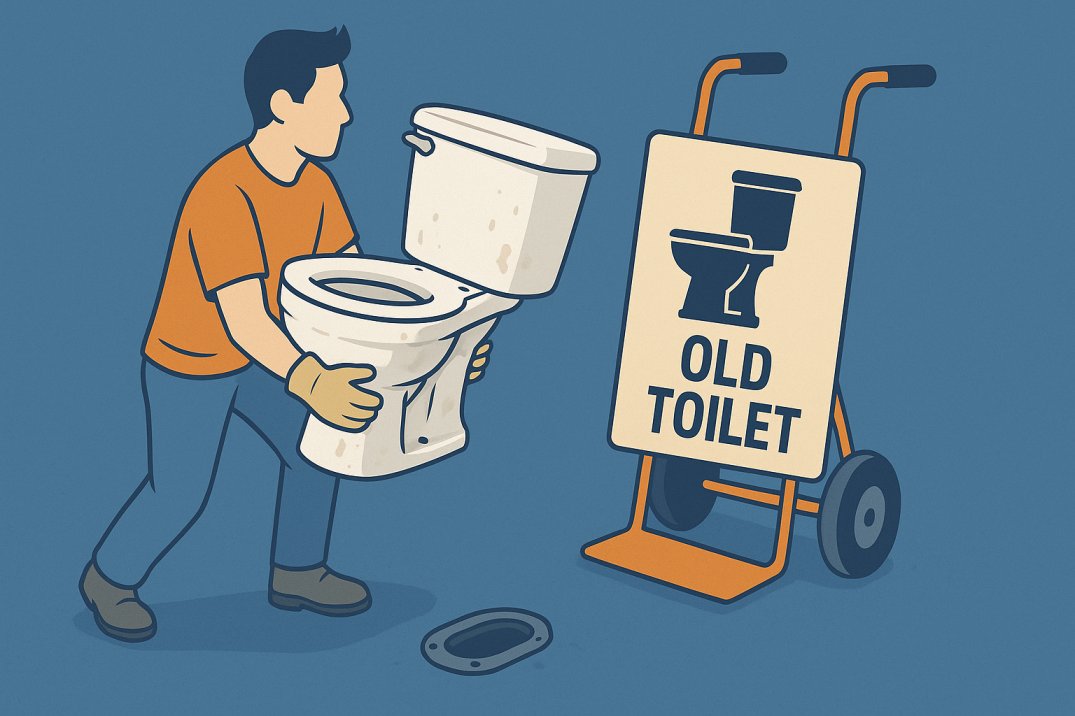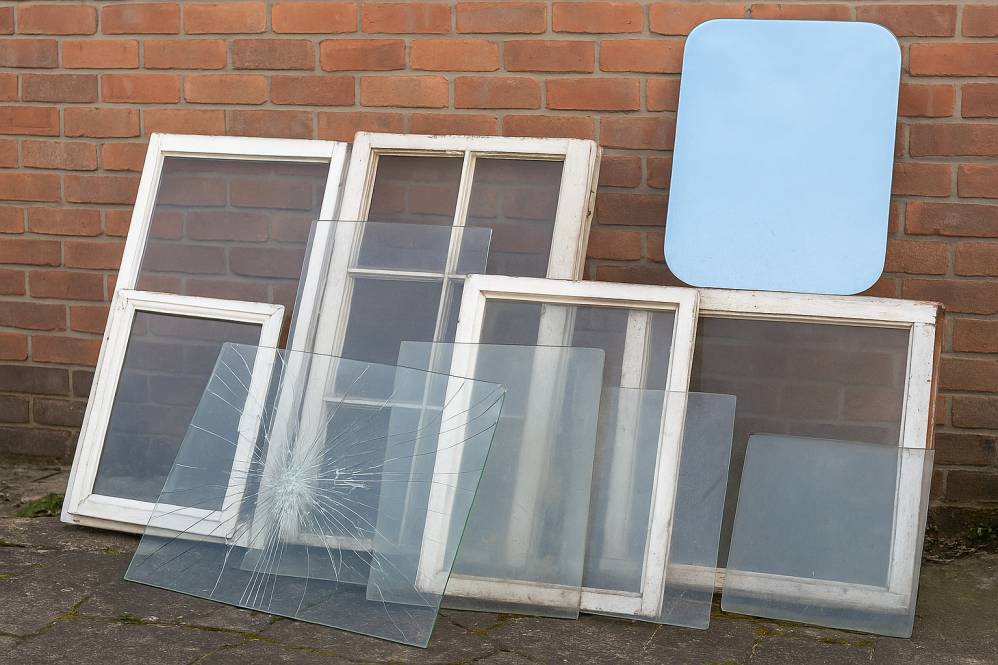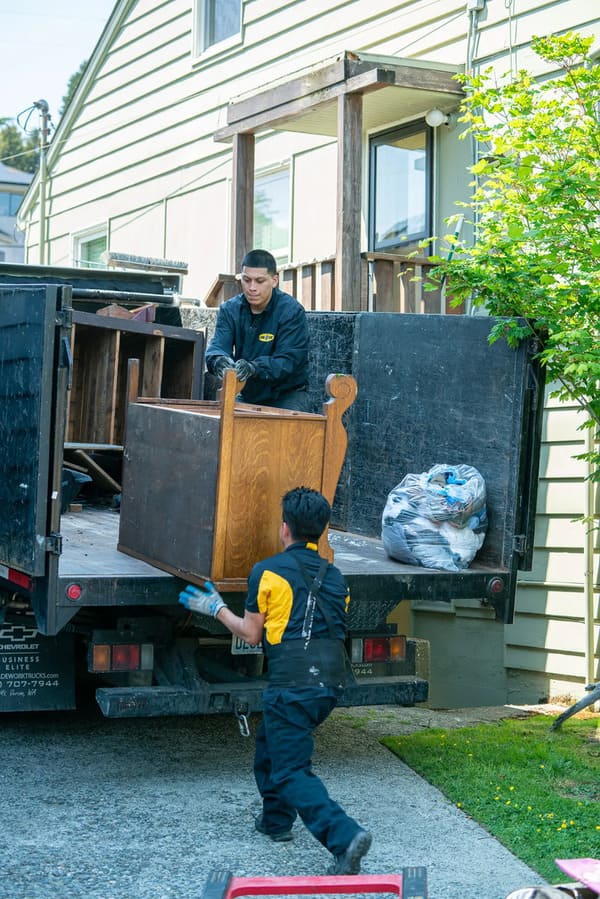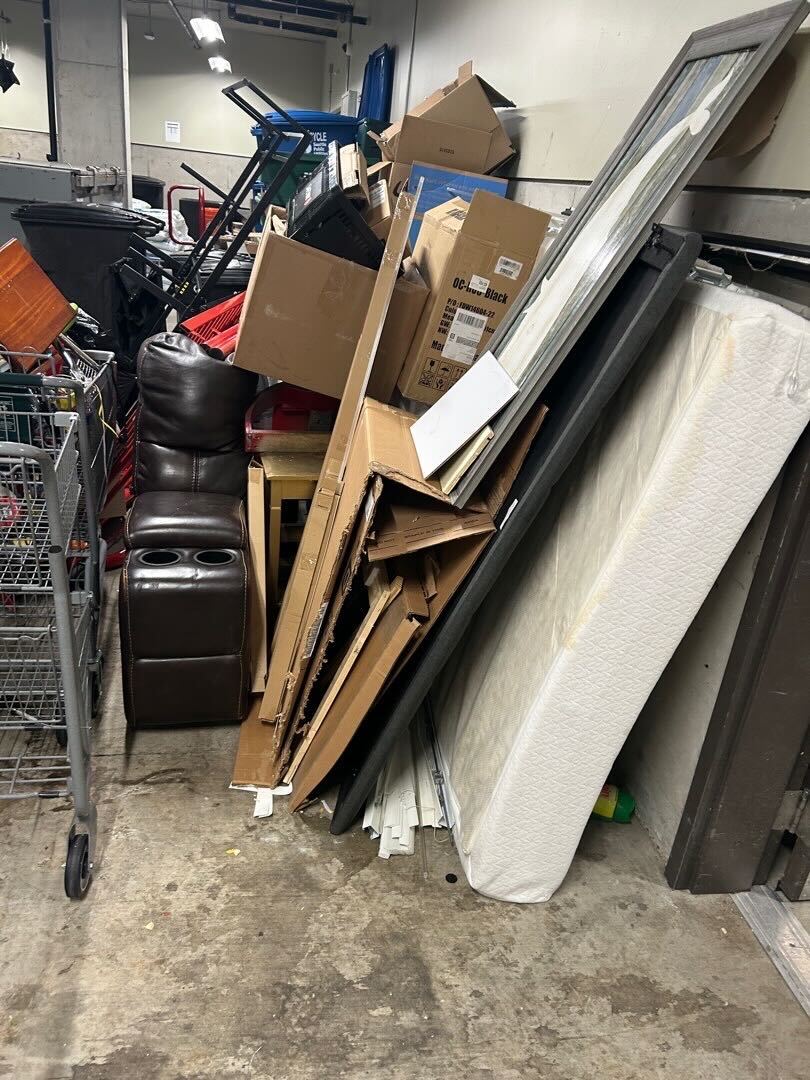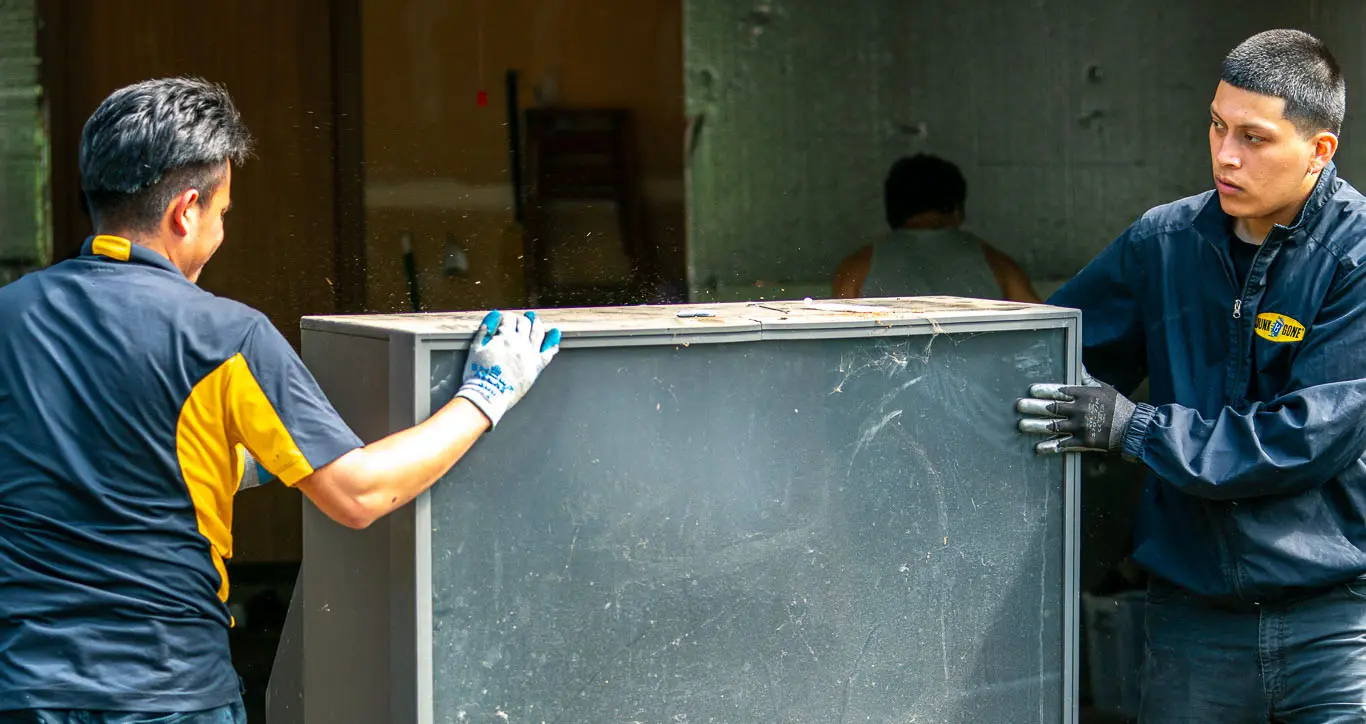Imagine this: nestled in the corner of your living room sits an old piano. Once, its keys echoed with melody and life, a centerpiece of family gatherings and solo reflections. But now, it stands silent, a relic of past times, no longer needed or perhaps even functional. This scenario is alot more common than you might think. Many homes harbor these old instruments, now out of tune with the household’s rhythm (or just plain out of tune!)
The decision to part with an old piano isn’t easy. It’s not just an instrument, it’s usually a family heirloom, a vessel of memories representing a legacy of music. Yet, the reality is stark – it occupies significant space, and repairs might be impractical or costly. The emotional weight of letting go can be heavy, tangled with nostalgia and sentiment. An unused, unplayable piano can become a cumbersome presence in a home. It takes up valuable space, and moving it from room to room, or house to house, is no small feat.
The challenge lies not just in the physical removal of an old piano but in finding a new home for it, a place where it can either find new life or be laid to rest. It’s about balancing respect for the piano’s past with the needs and realities of the present. Let’s dive into the options for dealing with an old piano! Remember: the goal is to find a solution that honors the instrument’s legacy while freeing you from the burdens it may now represent.
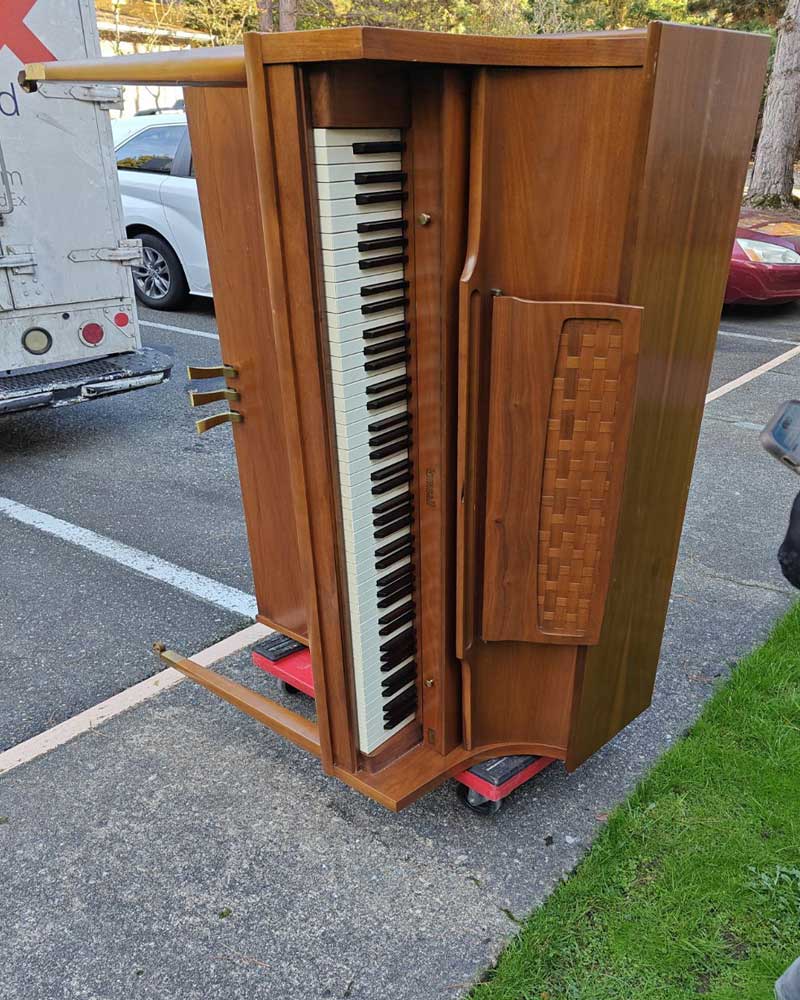
5 ways to get rid of Old Piano
When the time comes to part with your old piano, you have several paths to consider. Each option offers a different journey for your old instrument, and the right choice depends on your piano’s condition, your circumstances, and your goals.
1. Donating Your Old Piano: Sharing the Gift of Music
Donating your old piano is a wonderful way to give back and share the joy of music. Start by researching local schools, churches, charities, community centers, or music schools. These places often seek musical instruments to enhance their programs and can give your piano a second life.
Steps for a Successful Donation:
- Research Potential Recipients: Look for organizations in your area that accept piano donations. Make calls or send emails to see if there is a need for a piano.
- Assess the Piano’s Condition: Ensure the piano is in a playable condition. Many organizations have limited resources for repairs, so a functional piano is more likely to be accepted.
- Tune and Clean: Consider having the piano tuned and cleaned before donation. A presentable instrument is more appealing and shows respect for its new home.
- Gather Documentation: If possible, prepare the piano’s history, any warranties, and a recent tuning record. This information can be valuable to the new owners.
Final Tips for Piano Donation:
- Schedule a Pickup: Coordinate with the receiving organization for the piano’s removal. Some may offer pickup services, while others might require you to arrange transportation.
- Obtain a Receipt: For tax purposes, ask for a donation receipt. This can provide a deduction on your tax returns, offering a financial benefit to your generosity.
- Share the Story: If your piano has a unique history or sentimental value, share its story with the new owners. This personal touch can make the donation even more special.
Donating your piano is not just about removing an unwanted item; it’s about enriching the community and spreading the love for music.
2. Recycling Your Piano
When a piano reaches the end of its playable life, recycling offers an environmentally friendly solution. This process not only prevents your piano from ending up in a landfill but also allows valuable materials to be reused.
Steps to Recycle Your Piano:
- Find a Recycling Center: Start by contacting local recycling centers to inquire if they accept pianos. Not all facilities can handle large items like pianos, so it may take a few calls to find the right place.
- Understand What Can Be Recycled: Pianos are made of various materials, including wood, metal, and sometimes ivory. These components can often be recycled separately. Wood can be repurposed or used for energy, metals can be melted down and reused, and ivory keys, though rare, have specific recycling protocols due to their nature.
The Benefits of Recycling Your Piano:
- Environmental Impact: By recycling your piano, you contribute to reducing waste and conserving natural resources. Each part of the piano that is recycled means less new material needs to be harvested or mined.
- Sustainability: Recycling parts of your piano supports sustainability efforts by giving new life to materials that would otherwise be discarded.
Making the Decision to Recycle:
- Assess the Condition: If your piano is beyond repair and not suitable for donation, recycling becomes a viable option.
- Prepare for Pickup: Once you find a recycling center that accepts pianos, prepare your piano for pickup. This might involve dismantling it, which should be done safely and carefully.
Recycling your old piano is a responsible choice that benefits the environment and helps preserve natural resources. By choosing to recycle, you’re playing a part in the global effort to create a more sustainable future.
Ready to Say Goodbye to Your Old Piano?
If you have a piano or any other bulky item that needs careful removal, don’t hesitate to reach out to us at Junk B Gone. Our team of professionals is trained to handle even the most delicate tasks with precision and care. Whether you’re downsizing, relocating, or simply decluttering, we’re here to make the process smooth and hassle-free for you. Trust us to prioritize your needs and the environment, ensuring a responsible and efficient removal process. Don’t let the weight of unwanted items hold you back. If you’re located anywhere in Greater Seattle, Contact Junk B Gone today and experience the ease of professional junk removal!

